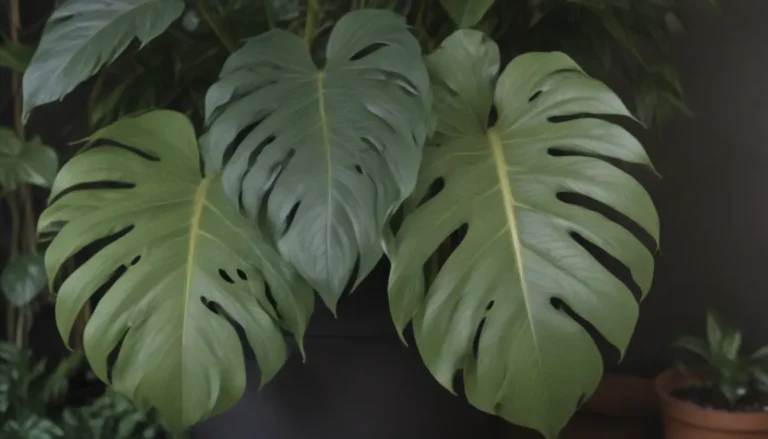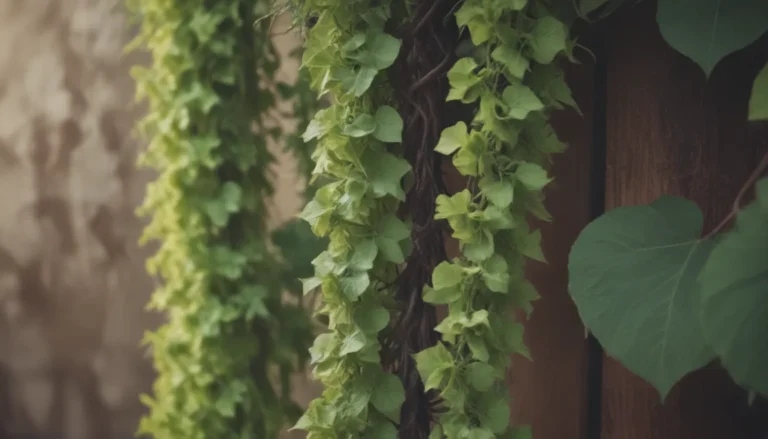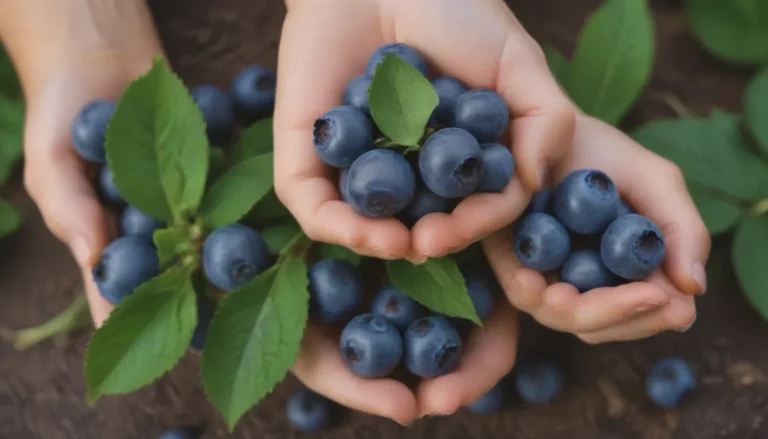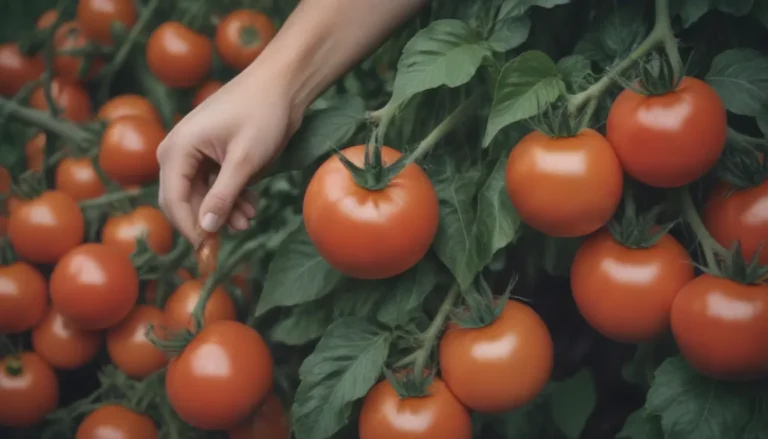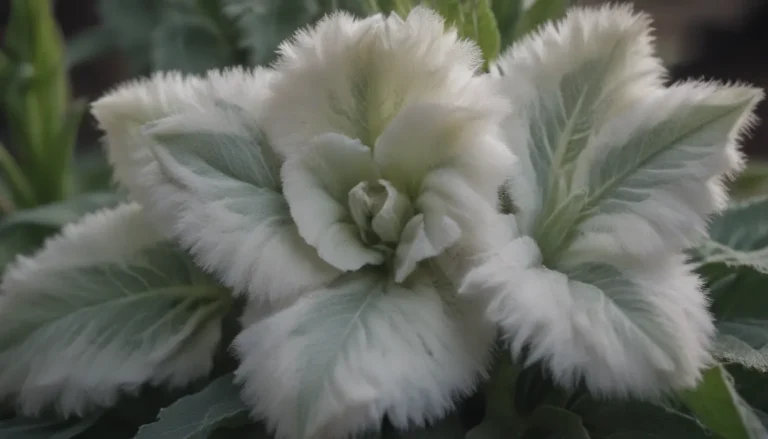The Ultimate Guide to Planting Carrots in Your Garden
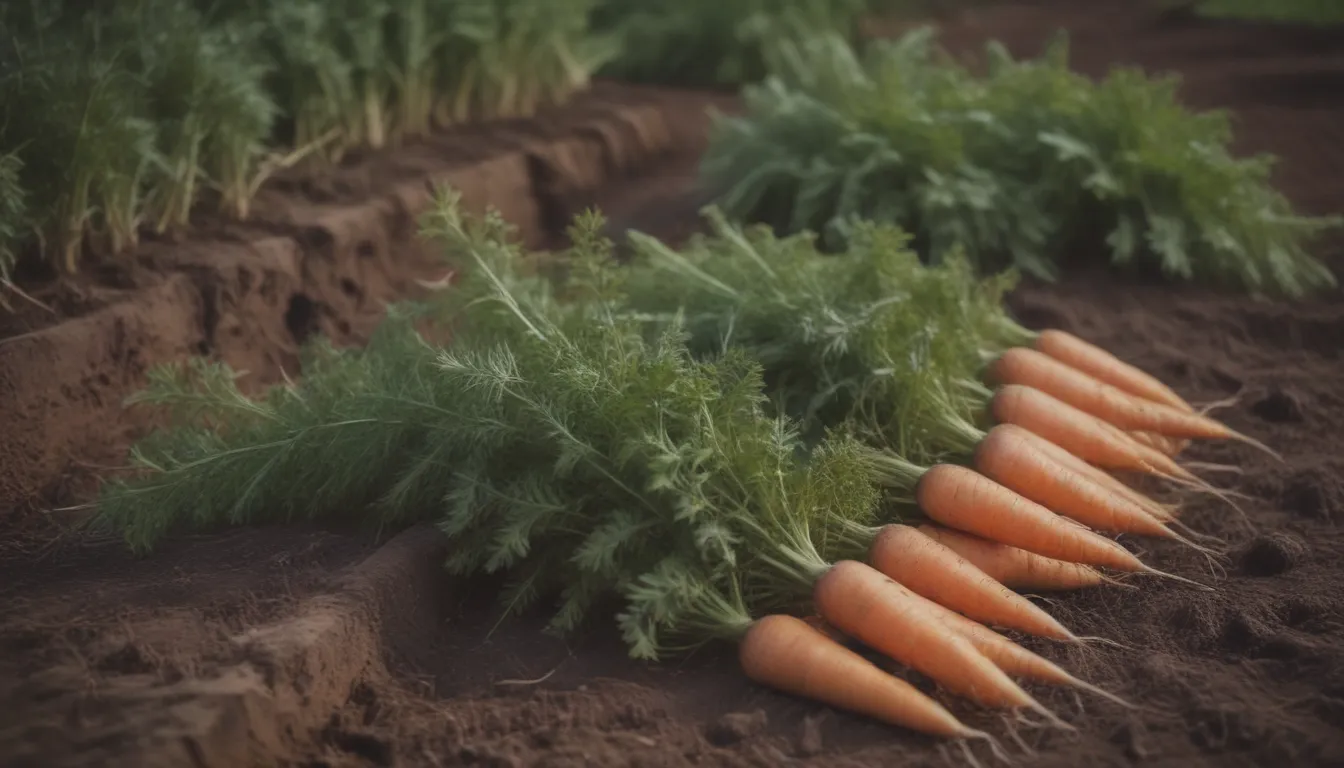
Carrots are a versatile and nutritious vegetable that can easily be grown in your own backyard. Whether you have a large garden or just a small container, planting carrots can be a rewarding experience. In this comprehensive guide, we will explore everything you need to know about planting and growing carrots based on your specific growing zone.
Understanding the Best Time to Plant Carrots
Carrots are a cool-season vegetable, which means they thrive in cooler temperatures and do not do well in hot weather. The ideal time to plant carrots is about 2-4 weeks before your last frost date. This timing ensures that the carrots have enough time to grow and mature before the weather gets too warm. Here’s a breakdown of when to plant carrots based on the season:
- Spring Planting: You can start planting carrots as soon as the soil has thawed enough to work, typically about two to four weeks before the last frost date. Carrots should be sown directly into the garden or container where they will continue to grow.
- Fall Planting: For fall planting, it is recommended to sow carrots 10 to 12 weeks before the first hard frost. This gives the carrots enough time to grow before the colder temperatures set in.
Planting Carrots Based on Your Growing Zone
Your growing zone plays a crucial role in determining the best time to plant carrots. The USDA Plant Hardiness Zone Map provides valuable information on temperature changes and climate variations in different regions. By knowing your growing zone, you can plan your planting schedule more effectively. Here are the best months to plant carrots outside based on your growing zone:
- Zone 3-5: In colder regions, plant carrots in early spring or late summer for a fall harvest.
- Zone 6-8: Spring and fall are ideal for planting carrots in these moderate climate zones.
- Zone 9-11: For warmer regions, plant carrots in the fall for a winter harvest.
Steps to Planting Carrots Successfully
Once you have determined the right time to plant based on your growing zone, follow these steps to ensure a successful carrot harvest:
Planting Site
- Ensure that the soil is loose and free of stones and debris.
- Sow the carrot seeds no more than 1/4 inch deep and lightly cover with soil.
- Keep the soil consistently moist until the seeds sprout, which can take 14-21 days.
Spacing
- Carrot seeds are tiny, making it challenging to space them properly.
- Allow the plants to grow to one inch tall before thinning them out to 2-4 inches apart for optimal growth.
- Hill soil around the top of the carrots to prevent sunburn.
Growing Carrots in Containers
If you have limited space or prefer container gardening, you can still grow carrots successfully in pots. Follow these tips for growing carrots in containers:
- Choose a container that is at least 12-24 inches in diameter and 12 inches deep.
- Use potting soil specifically for vegetables.
- Ensure the container has proper drainage to prevent waterlogging.
- Select shorter carrot varieties like ‘Little Finger’ or ‘Paris Market’ for container growing.
Harvesting Fresh Carrots from Your Garden
Knowing when to harvest your carrots is essential to ensure they are at their peak flavor and sweetness. Most carrot varieties mature in about 50 to 75 days from seed. Here are some tips for harvesting carrots:
- Check the maturity guidelines on your seed packet to determine when to harvest.
- Carrots can withstand light frost but should be harvested before a hard frost.
- Test the size of the root by gently pulling on the top to see if it matches the expected diameter.
- Remove the carrot tops immediately after harvest for the best flavor.
Additional Resources and References
If you want to delve deeper into growing carrots in your garden, here are some recommended resources:
- Utah State University Extension: How to Grow Carrots in Your Garden
- University of Maryland Extension: Growing Carrots in a Home Garden
- NC State Extension: Daucus carota subsp. sativus
By following these guidelines and tips, you can enjoy a bountiful harvest of fresh, home-grown carrots throughout the growing season. Happy gardening!
